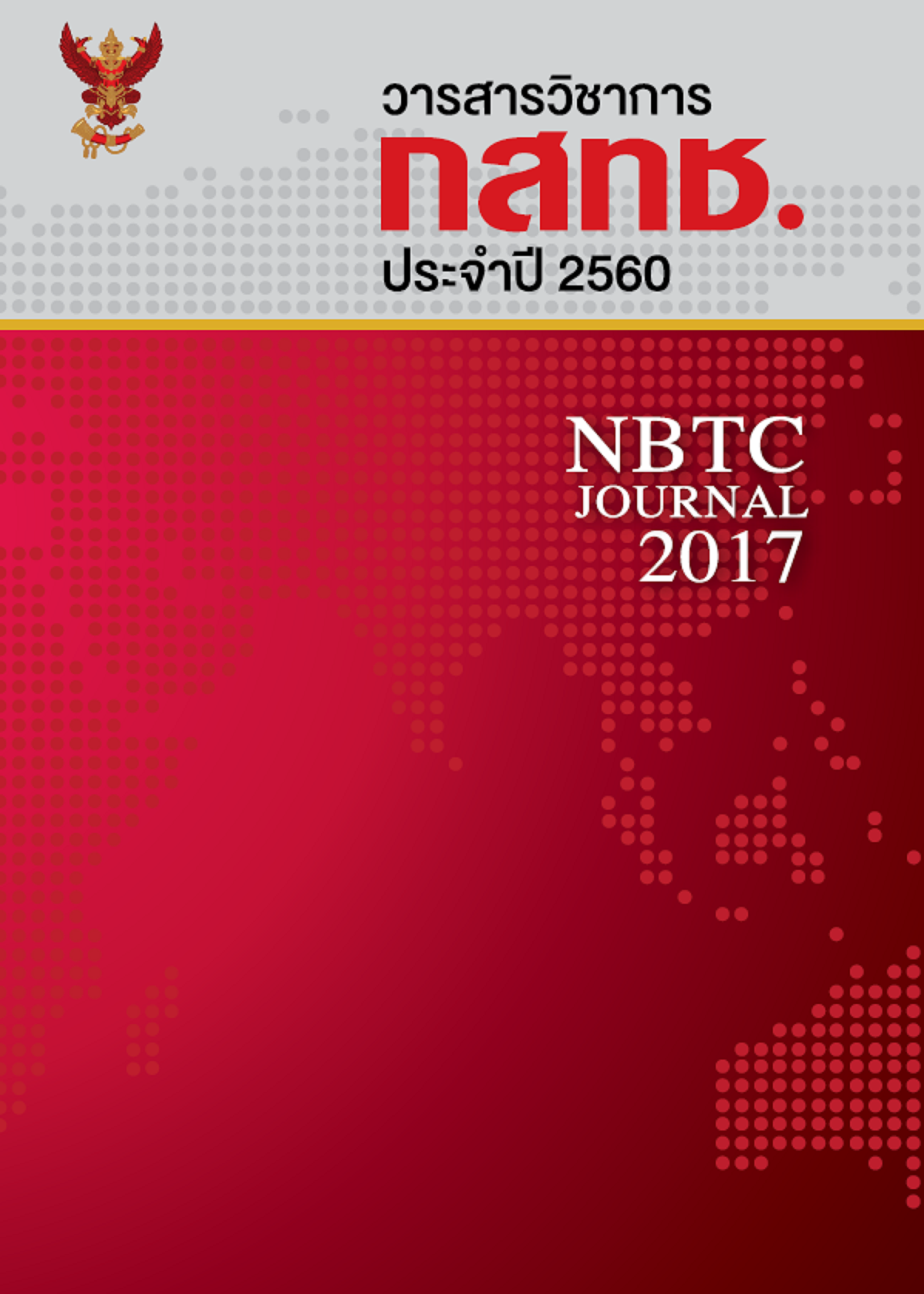Universal Service in Telecommunications Sector in France
Keywords:
universal service, telecommunications, franceAbstract
Universal service is defined in general terms to include voice services at an affordable price, information services and a telephone directory as well as public payphones. The concept of the universal service is making affordable basic telephone service available to everyone everywhere within a nation state. A social accessibility must be provided for low income and disabled users, a connection to the fixed network, which includes functional internet access; reasonable geographic access to public call boxes. To ensure that a minimum set of high quality electronic communication services is available to all users at an affordable price that does not distort competition, in accordance with the European regulatory framework, the French Postal and Electronic Communications Code (CPCE) establishes a universal electronic communications service. The components of the universal service are available throughout the French territory. The French telecommunications law provide the national regulatory authority of electronic communications and postal (ARCEP) with sufficiently strong power to penalize unlawful behaviour so as to present a clear deterrent to potential offenders and give consumers and operators confidence that rules will be swiftly and fairly enforced. In addition, ARCEP has to ensure that the obligations continue to meet the needs of users as demands and technology change and also find the right balance between the needs of vulnerable users and changing commercial conditions.
References
CATTAN J. (2015). Le droit de l’accès aux communications électroniques. Marseille: Collection droit de
l’information et de la communication, Presses universitaires d’Aix-Marseille.
Code des postes et des communications électroniques. Commission européenne. (1993). Communication sur la
consultation sur l’examen de la situation dans le secteur des services de télécommunications COM(93) 159 final.
(n.p.).
Commission européenne. (1994). Council resolution of 7 February 1994 on universal service principles in the
telecommunications sector (94/C 48 /01). (n.p.). Journal Officiel des Communautés Européennes n° C 48.
Commission européenne. (2010). Questionnaire for the public consultation on universel service principles in e-
communications. (n.p.).
Commission of the European communities. (2003). Green Paper on service of general interest COM 270. (n.p.).
CROCQ I. (2004). Régulation et réglementation dans les télécommunications. Paris: Econimica.
Directive 97/33/EC Of the European parliment and of the of 30 June 1997 on interconnection in
Telecommunications with regard to ensuring universal service and interoperability through application of the
principles of Open Network Provision (ONP). (1997). (n.p.). Journal Officiel des Communautés Européennes L
/32. n.p.
GARCERIES S. (1998). Service public et droit communautaire une nouvelle crise de la notion du service public en
droit administratif français. Revue société contemporaines, 32.
LEMAIRE L. (2014). Le service universel des communications électroniques au regard des nouveaux usages
technologiques: enjeux et perspectives d’évolution. (n.p.). Rapport parlementaire.
Mueller M. L. (1993). Universal service in telephone history: A reconstruction. Telecommunications Policy. 17 (5).
OECD. (2004). France charting a clearer way forward, OECD reviews of regulatory reform. n.p.
Oestmann S. & Dymond A. (2009). Accès et service universel. (n.p.). Infodev. n.p.
Telecommunications Act 1996.
TSHIYEMBE M. (2014). Droit international des espaces et des télécommunications. Paris: l’Harmattan.
Downloads
Published
How to Cite
Issue
Section
License
The Office of the NBTC holds the copyright of articles appearing in the journal. The Office of the NBTC allows the public or individuals to distribute, copy, or republish the work under a Creative Commons license (CC), with attribution (BY), No Derivatives (ND) and NonCommercial (NC); unless written permission is received from the Office of the NBTC.
Text, tables, and figures that appear in articles accepted for publication in this journal are personal opinion and responsibility of the author, and not binding on the NBTC and the Office of the NBTC. In case of errors, each author is solely responsible for their own article, and not concerning the NBTC and the NBTC Office in any way.



